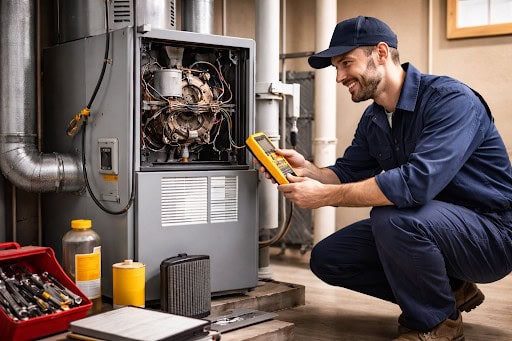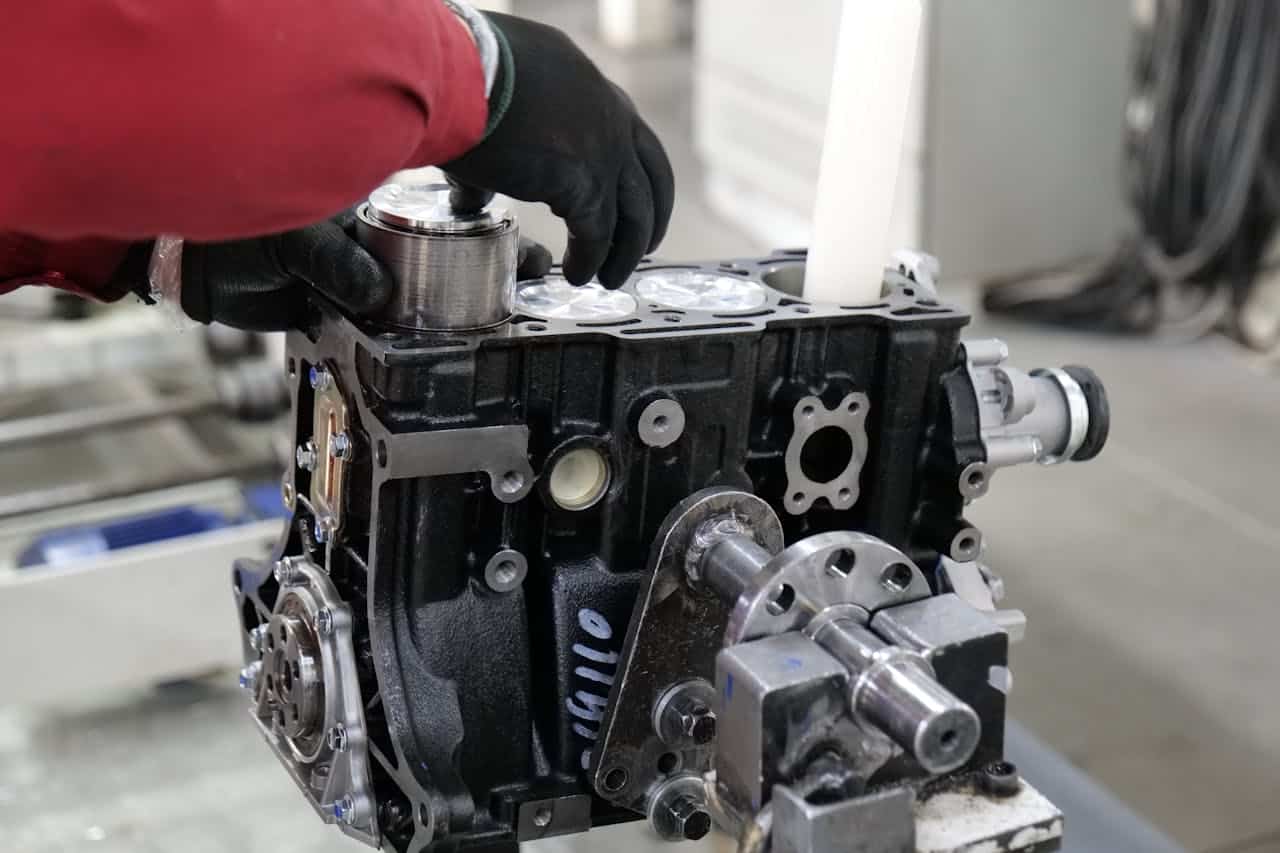ENGIE is an independent energy supplier providing electricity from renewable and low-carbon sources. Renewable energy includes solar power, hydroelectricity and biomass energy. With ENGIE’s extensive green energy portfolio, your business can access a range of renewable energy sources and achieve its environmental goals.
ENGIE has developed creative strategies to help businesses optimise their energy use while reducing environmental impact. This article will examine ENGIE’s green energy options and help you decide the best renewable energy source for your business.
How to Choose the Right Green Power Solution From ENGIE
ENGIE provides small and large businesses with various affordable green energy options and doesn’t charge any additional fees. When deciding on the best green energy option, assessing your business needs and budget is best. The goal for most businesses when switching to renewable energy is to lower operating costs and reduce their energy bill.
ENGIE’s energy is 100 percent green, with their renewable energy certified by UK Renewable Energy Guarantees of Origin (REGO) and the EU Guarantees of Origin (GoOs). This ensures business consumers know where to get green power to meet sustainability goals, lower their carbon footprint, and reduce energy bills.
Choosing the tariff and plan that will be best for your company if you want to switch to ENGIE is critical. ENGIE provides a variety of no-frills tariffs, such as a long-term fixed-price tariff for low-carbon electricity or a green fixed tariff for gas and electricity that uses only renewable energy. It is worth noting that ENGIE considers various elements when quoting businesses, including the size of your business and your energy consumption habits.
Top tip: Work with an energy broker to compare ENGIE’s tariff plans to find the best green energy deal for your business to suit your budget.
Which Renewable Business Energy Options From ENGIE Are Available?
The energy provider has several renewable energy options available for business consumers. Remember that some renewable energy options may not be available in your location, so it is best to check with the energy supplier if the green energy source you want is available in your area.
Solar Power
ENGIE’s solar energy systems convert solar energy generated from the sun into electrical energy, which lowers carbon emissions and boosts energy independence. Solar power is entirely clean, emitting no pollutants, its production doesn’t generate hazardous waste products, and an endless supply is available.
Wind Power
ENGIE operates onshore and offshore wind farms to produce renewable electricity from the UK’s windy and coastal regions. The advantage of using wind energy is that businesses receive a reliable, cost-effective, and sustainable energy source.
Hydropower (Hydroelectric Power)
By converting water’s kinetic energy into electrical energy, ENGIE harnesses the power of the water to create electricity. By putting in place carefully thought-out hydroelectric installations, the company successfully harnesses the energy potential of rivers and streams, providing a dependable and sustainable energy source. The benefit of using hydropower for your business is that it is an affordable and long-lasting source of electricity.
Combined Heat and Power (CHP)
Combined heat and power plants powered by biomethane are efficient energy technologies that produce electricity and heat at the same time. This creates a carbon-free energy source. Cogeneration is an excellent opportunity for large businesses such as manufacturers because it increases production productivity, controls energy costs, improves energy efficiency, increases infrastructure resilience and provides long-term employment.
Biomass and Biogas
The business has invested in biomass power plants, which generate electricity by burning organic materials like wood pellets and agricultural waste. Additionally, biogas facilities capture methane produced from organic waste and produce clean energy, helping generate renewable energy and resolving waste management issues.
The use of biomass energy could significantly lower greenhouse gas emissions. Biomass fuels, sourced from organic matter that regenerates over time as opposed to fossil fuels, are renewable. For businesses, this guarantees a consistent and long-lasting energy supply. Biogas is a carbon-neutral energy source; however, this renewable energy source may not be available in your location.
Energy From Waste (EfW)
EfW plants, also known as waste-to-energy facilities, produce dependable baseload power using landfill waste. Waste that cannot be recycled or reused in the United Kingdom must be disposed of in landfills. EfW technology is an excellent way to generate sustainable electricity from waste that would otherwise take up landfill space.
Final Thoughts
As a respected supplier of green energy, ENGIE is dedicated to sustainability and plays a crucial role in the country’s efforts to switch to a more sustainable and eco-friendly energy future. ENGIE is in a prime position to play a pivotal part in defining a cleaner and more sustainable energy industry in the UK and worldwide through its ongoing initiatives and cutting-edge solutions.







